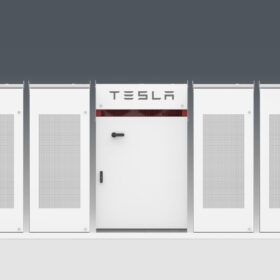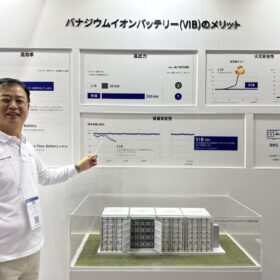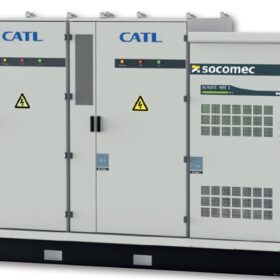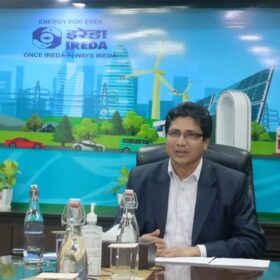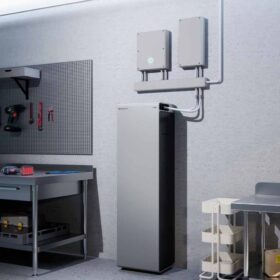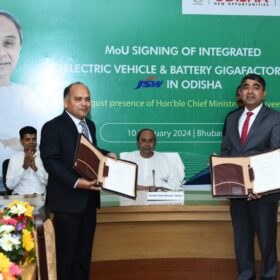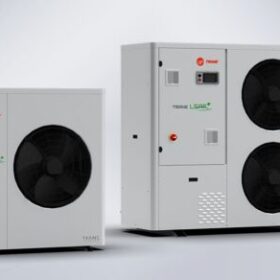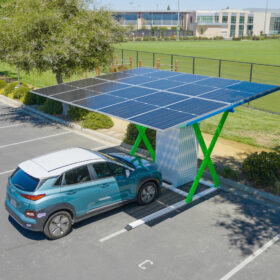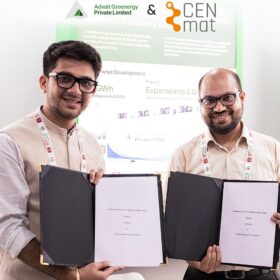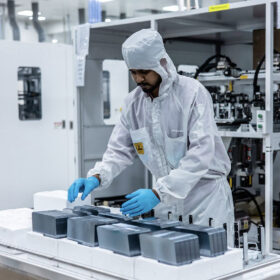Battery prices collapsing, grid-tied energy storage expanding
From July 2023 through summer 2024, battery cell pricing is expected to plummet by more than 60% due to a surge in electric vehicle (EV) adoption and grid expansion in China and the United States.
Standard Energy unveils vanadium-ion battery with 1% degradation
Vanadium offers unique characteristics as a battery material, as it can shed electrons without shifting from its ionic state, ensuring high cycling stability. South Korea’s Standard Energy has developed a battery with just 1% degradation after 20,000 cycles. The company has already completed 10 MWh of projects in its home market and now aims to expand internationally.
Delta Electronics explores India’s renewable energy landscape from lithium batteries to green hydrogen
Delta Electronics, which has been present in India for the last 20 years, recently launched its containerized data center solution in the country. With all subsystems such as UPS, power distribution, battery, cooling, and racks well integrated, this plug-and-play solution ensures rapid deployment for edge computing applications in the IoT world. On the occasion, pv magazine spoke to Rajesh Kaushal, vice president of Delta Electronics India, about their containerized data center solution, lithium-ion battery and solar inverter business, and future plans for India.
Socomec releases new modular energy storage system
Socomec says its new modular energy storage system includes a converter and up to six battery cabinets. At maximum capacity, it can store 1,116 kWh.
India needs INR 30 lakh crore investment during FY 2024-30 to meet its COP Climate Pledges: IREDA CMD
The investment is required in building capacities across solar, hydro, wind, and waste-to-energy sectors, green hydrogen (including electrolyzers), batteries, and transmission.
5 ways to recycle Li-ion batteries
Recycling end-of-life lithium-ion batteries can help address the problem of material scarcity by reducing dependence on lithium mining by 25%, and cobalt by 35%. It would also ensure the local availability of recycled critical materials. Here’s a look at the different ways to recycle batteries.
LG launches new residential storage solution
LG has developed two versions of its new enblock E storage system, each with usable energy capacities of 12.4 kWh and 15.5 kWh. It says the two models, sized at 451 mm x 330 mm, can be easily deployed in small spaces.
JSW Group to set up 50 GWh EV battery fab in Odisha
JSW Group has signed an agreement with the Odisha government to set up integrated electric vehicles (EVs) and 50 GWh battery manufacturing facilities with an investment of INR 40,000 crore in the state.
Trane debuts air-to-water heat pumps
The new products use propane (R290) as a refrigerant and have heating and cooling capacities ranging from 8 kW to 30 kW.
Off-grid solar EV charging system designed for quick installation
The PairTree pff-grid solar charging system for electric vehicles (EVs) combines bifacial solar panels ranging from 4.6 kW to 5 kW, a 42.4 kWh capacity storage system, and one or two AC “Level 2” EV chargers.
